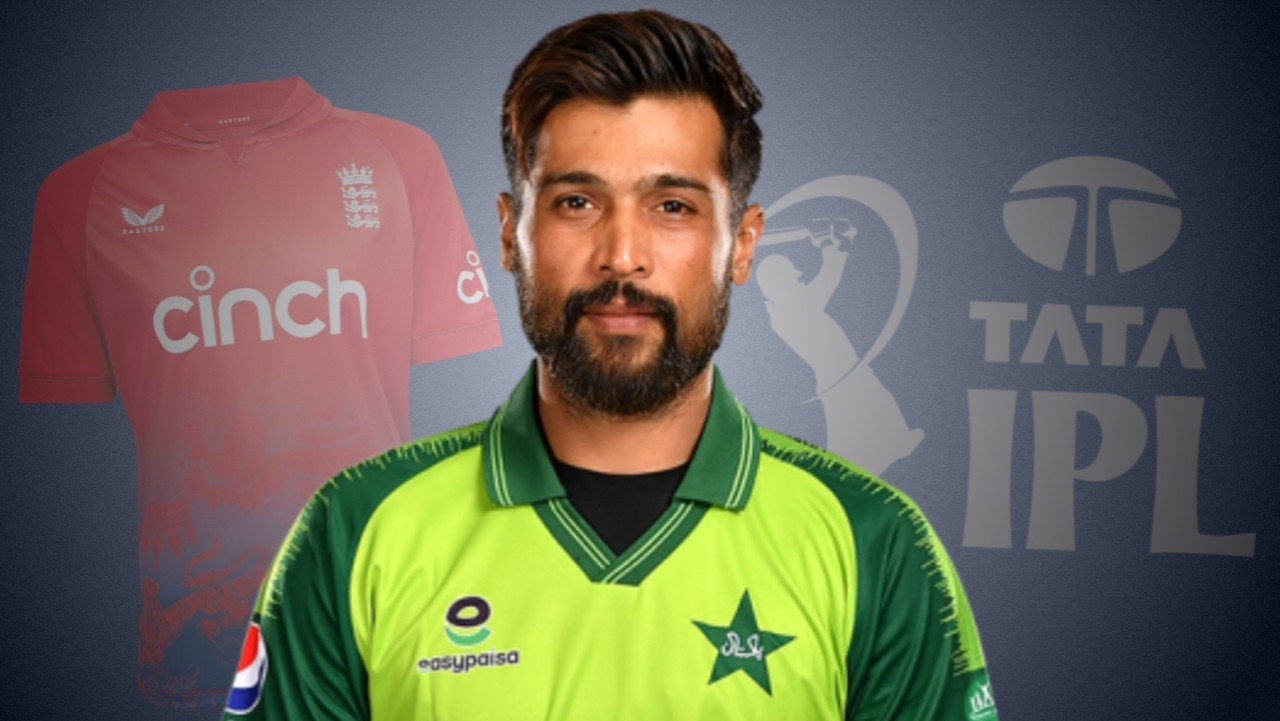The recent buzz around Mohammad Amir’s potential return to Pakistan’s squad for the T20 World Cup 2024 has reignited discussions on forgiveness, redemption, and the consequences of one’s past actions. At the heart of this debate is Ramiz Raja, a name synonymous with Pakistan cricket, both as a former opening batter and as the ex-chairman of the Pakistan Cricket Board (PCB).

The Echoes of the Past
Raja’s sentiments on the matter are unequivocal. Speaking to a private news channel, he firmly stated, “In my book there is no forgiveness.” His remarks come in the context of Mohammad Amir‘s involvement in the infamous spot-fixing scandal during Pakistan’s 2010 tour of England. Along with Salman Butt and Mohammad Asif, Mohammad Amir was found guilty of deliberately bowling no-balls, leading to prison sentences and lengthy bans from international cricket for the trio.

Mohammad Amir’s return to international cricket in 2016, marked by several notable performances, did little to sway Raja’s opinion. Reflecting on the personal and collective repercussions of the scandal, Raja revealed the extent of the criticism he faced, even being ostracized by some for the actions of the players. “People hated me because I was being identified with the fixers, in their opinion, and I can never forget the criticism we faced in media,” he recalled, highlighting the lasting impact of such transgressions on individuals and the sport as a whole.
A Controversial Comeback
Despite retiring from international cricket in December 2020, citing “mental torture from the PCB,” Mohammad Amir’s announcement of a comeback, particularly for the upcoming T20 World Cup, has sent ripples through the cricketing world. His recent inclusion in a PCB-organized camp in Kakul for fitness purposes further fuels speculation about his return to the green jersey.

The left-arm seamer, who last played for Pakistan in a T20I against England in August 2020, boasts a career tally of 259 wickets across formats. His standout performance in the 2017 Champions Trophy final remains a testament to his skill and potential impact on the field. As the T20 World Cup approaches, Amir’s experience, especially garnered in leagues like the CPL, could be a valuable asset for Pakistan.
The Debate on Mohammad Amir’s Redemption
Raja’s staunch stance against forgiveness for Mohammad Amir opens a broader discussion on the path to redemption for athletes who have erred. It raises questions about the balance between punishment and the opportunity for a second chance, the role of personal morals in professional judgments, and the impact of past actions on future opportunities. As this debate unfolds, the cricketing community remains divided.
Mohammad Amir ball by ball against India in the 2017 Champions Trophy final. This is fast bowling of the highest caliber against one of the most formidable batting sides of all time on the biggest stage possible. Arch rivals. High pressure. But he didn’t care. He turned up. pic.twitter.com/HTfrUtWCqo
— Cricket & Stuff (@cricketandstuff) April 4, 2024
On one side, there’s a call for strict accountability and the message it sends to aspiring cricketers about the sanctity of the sport. On the other, there’s a push for understanding and second chances, emphasizing growth and learning from one’s mistakes. As the T20 World Cup 2024 draws nearer, all eyes will be on the PCB’s decision regarding Amir’s potential inclusion in the team. Regardless of the outcome, this discussion underscores the complexities of human error, the quest for redemption, and the unyielding love for cricket that binds fans, players, and officials alike.

